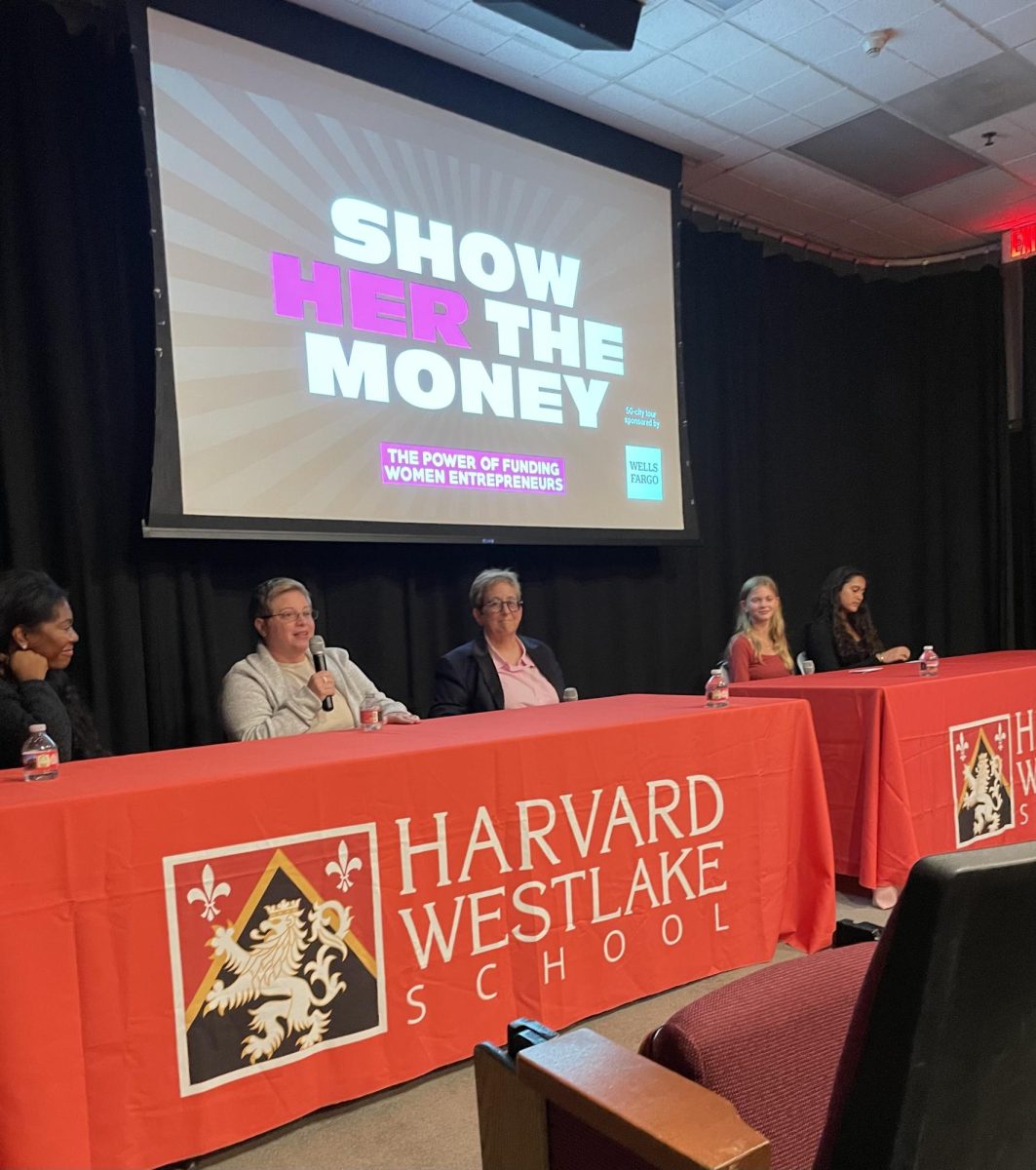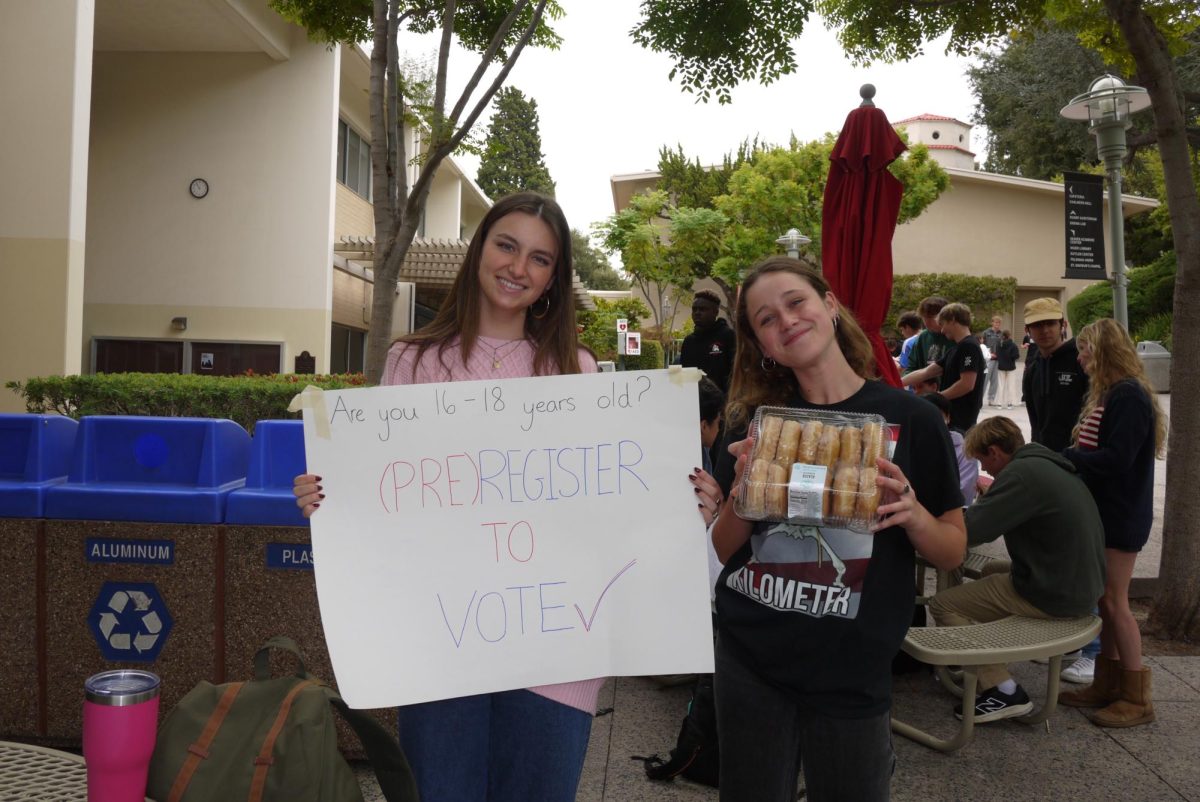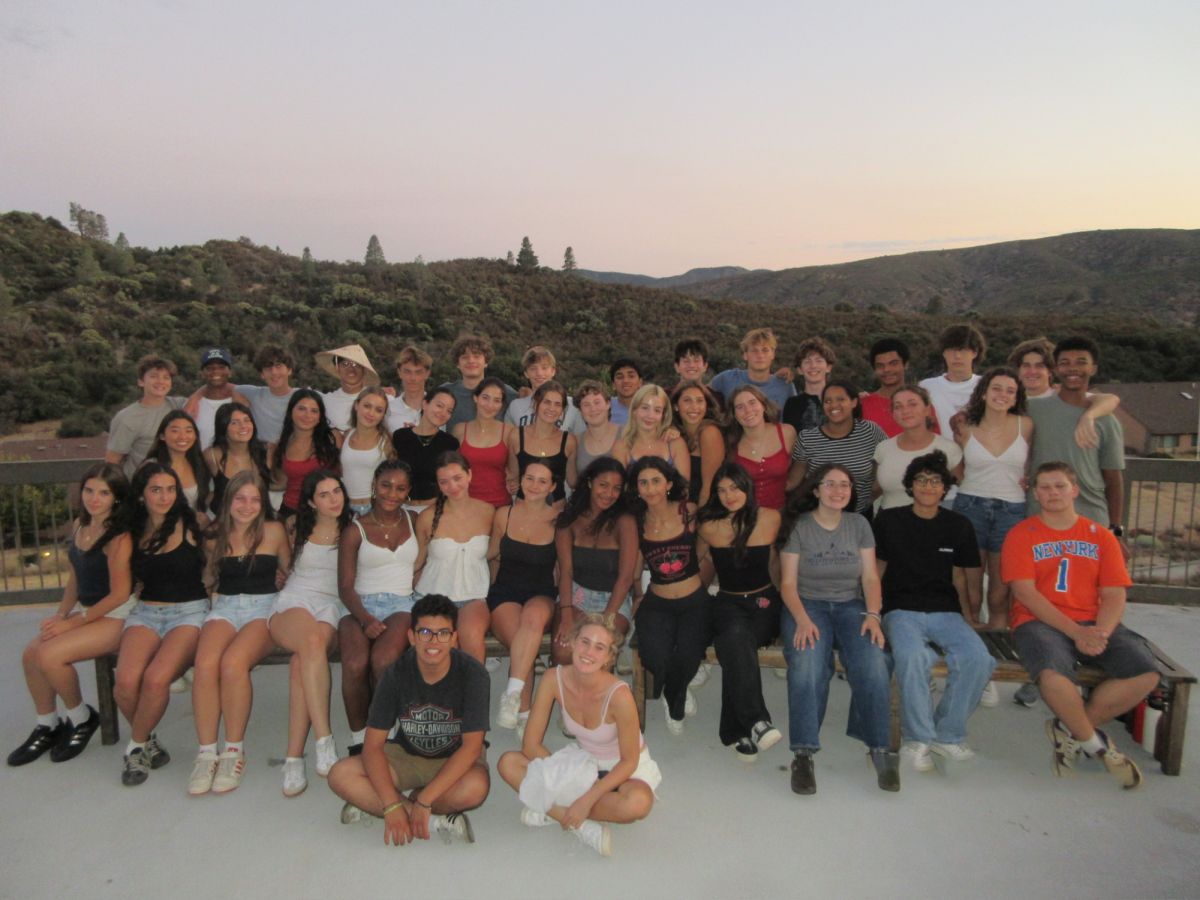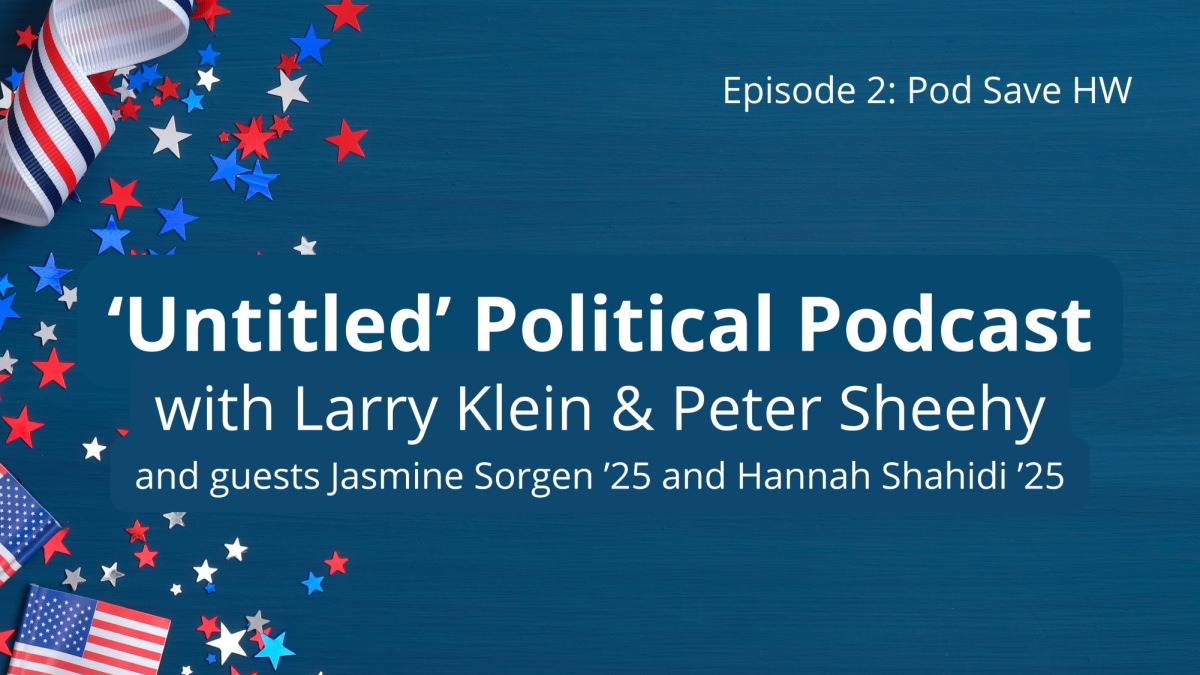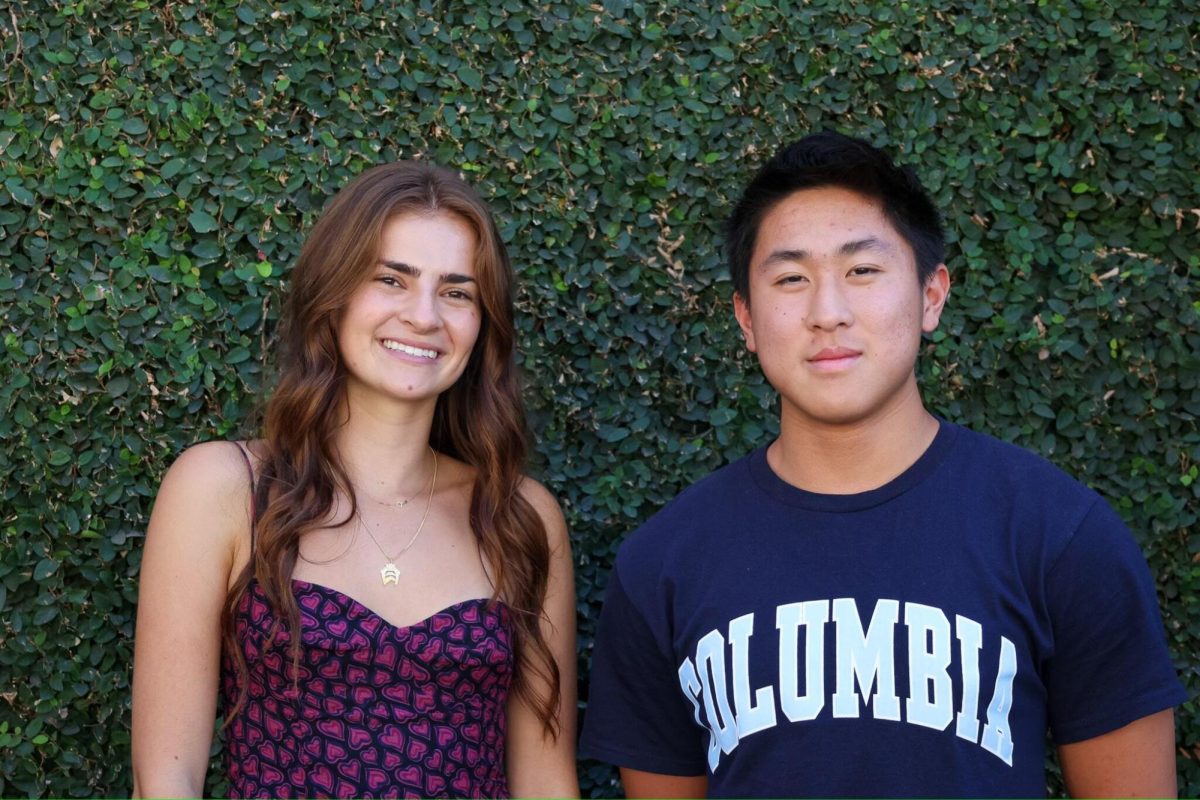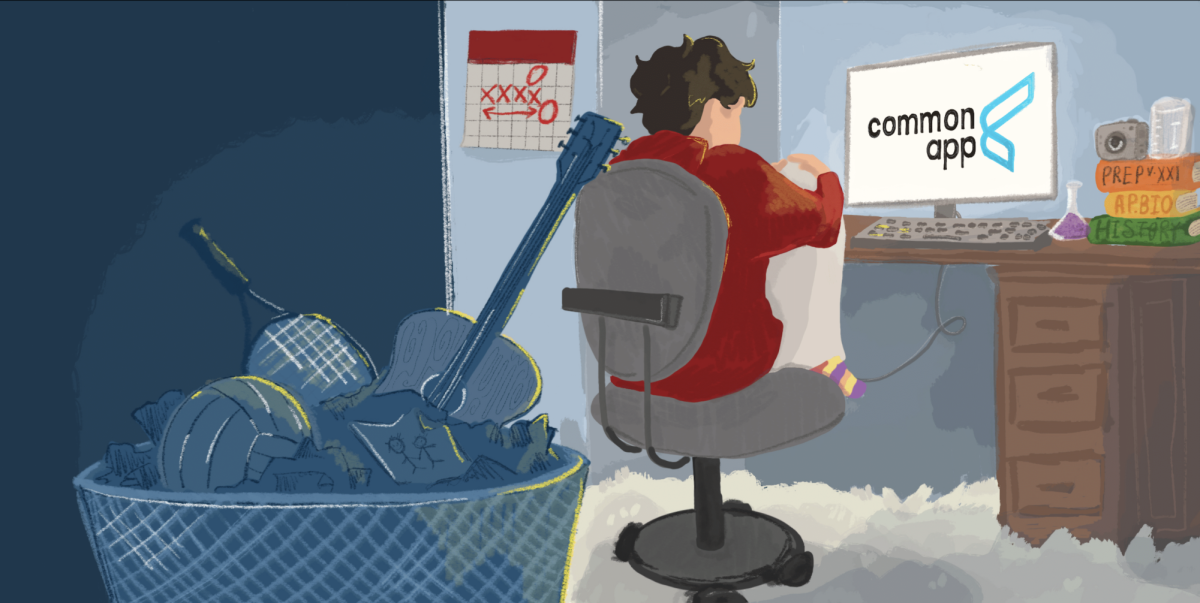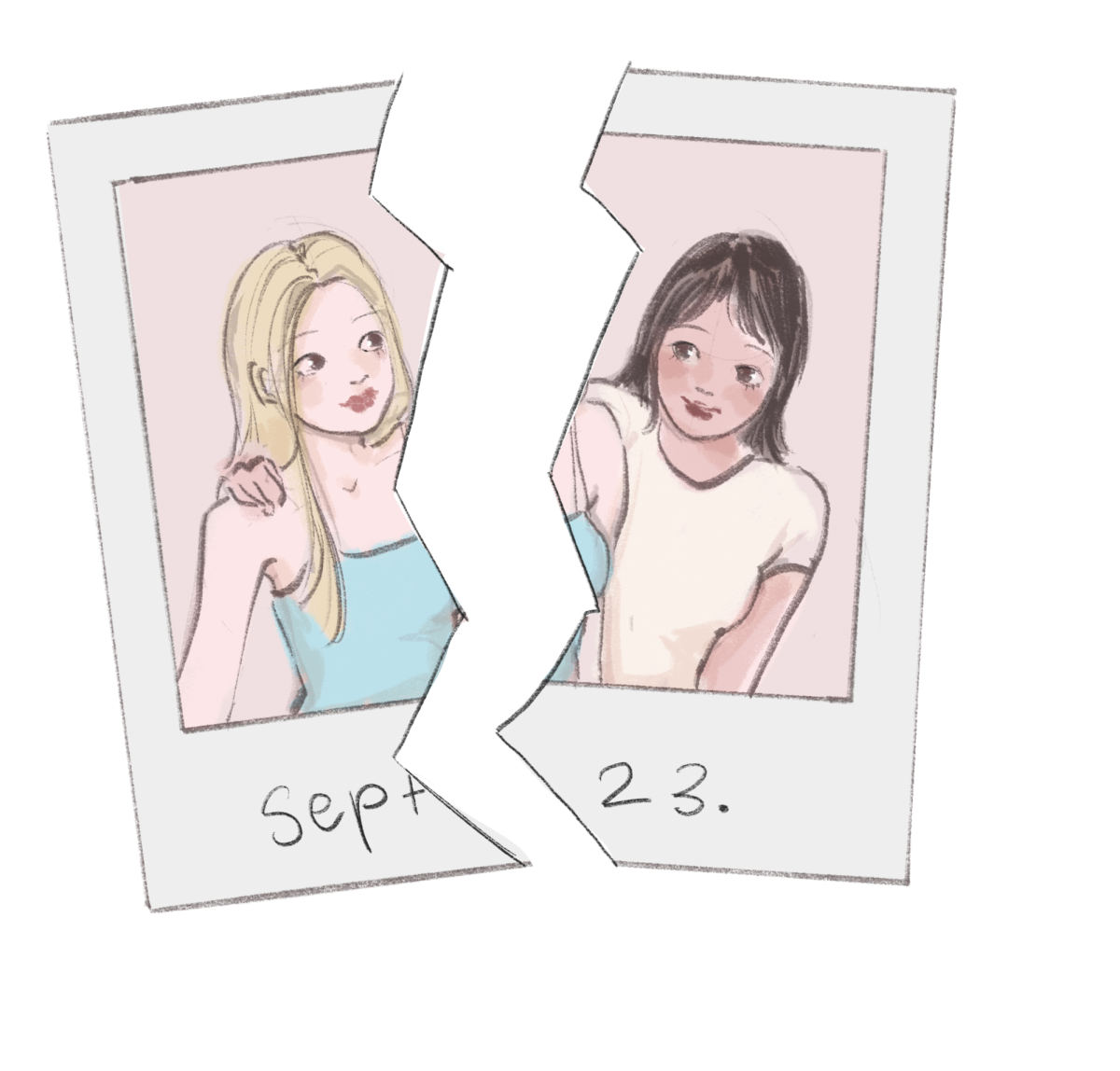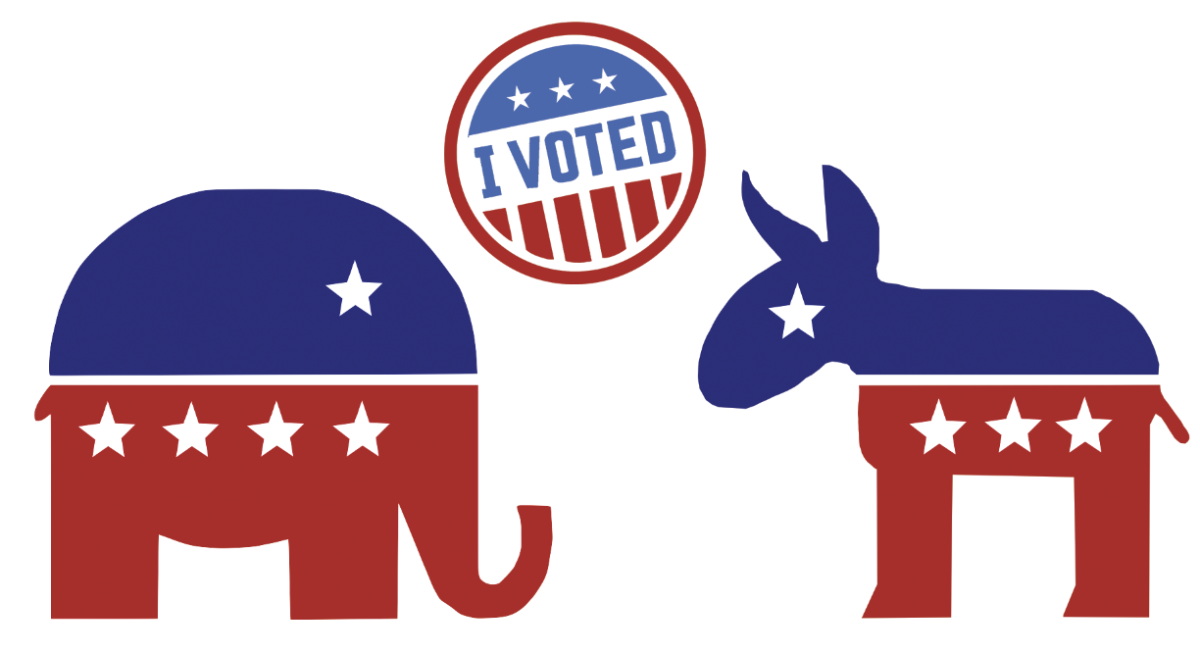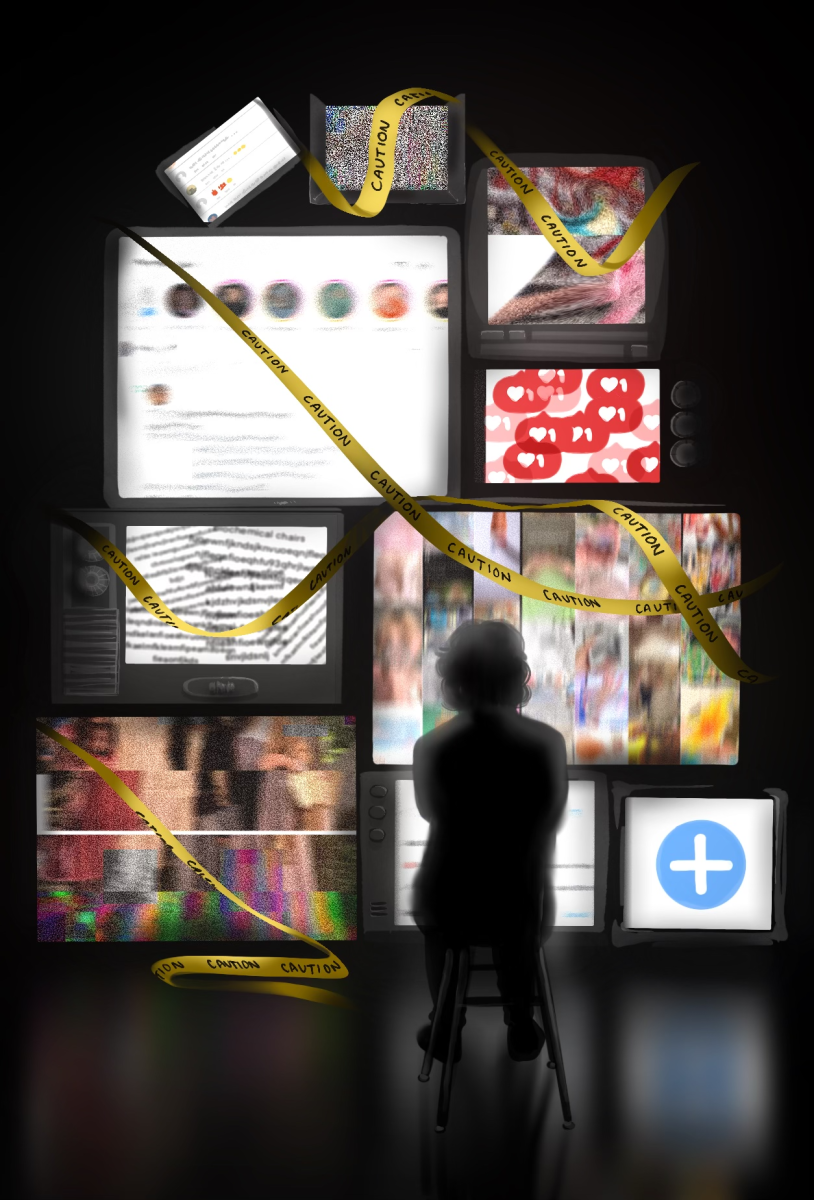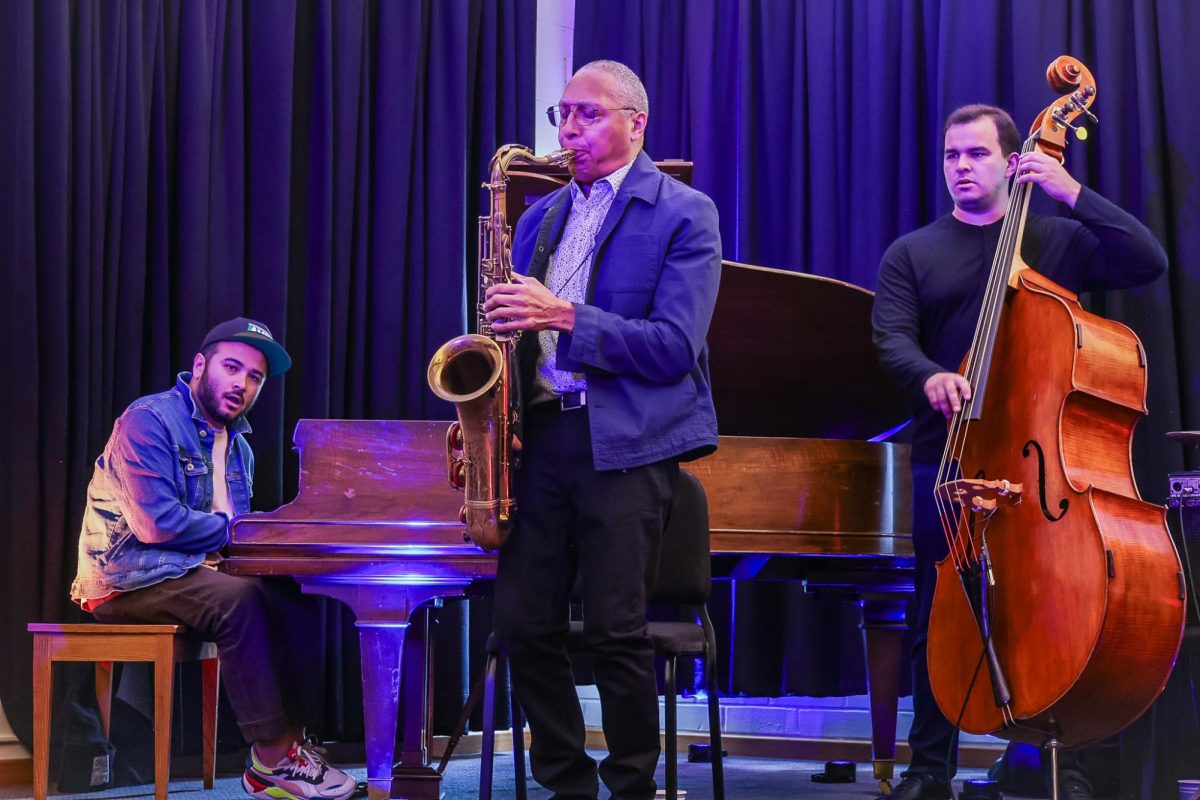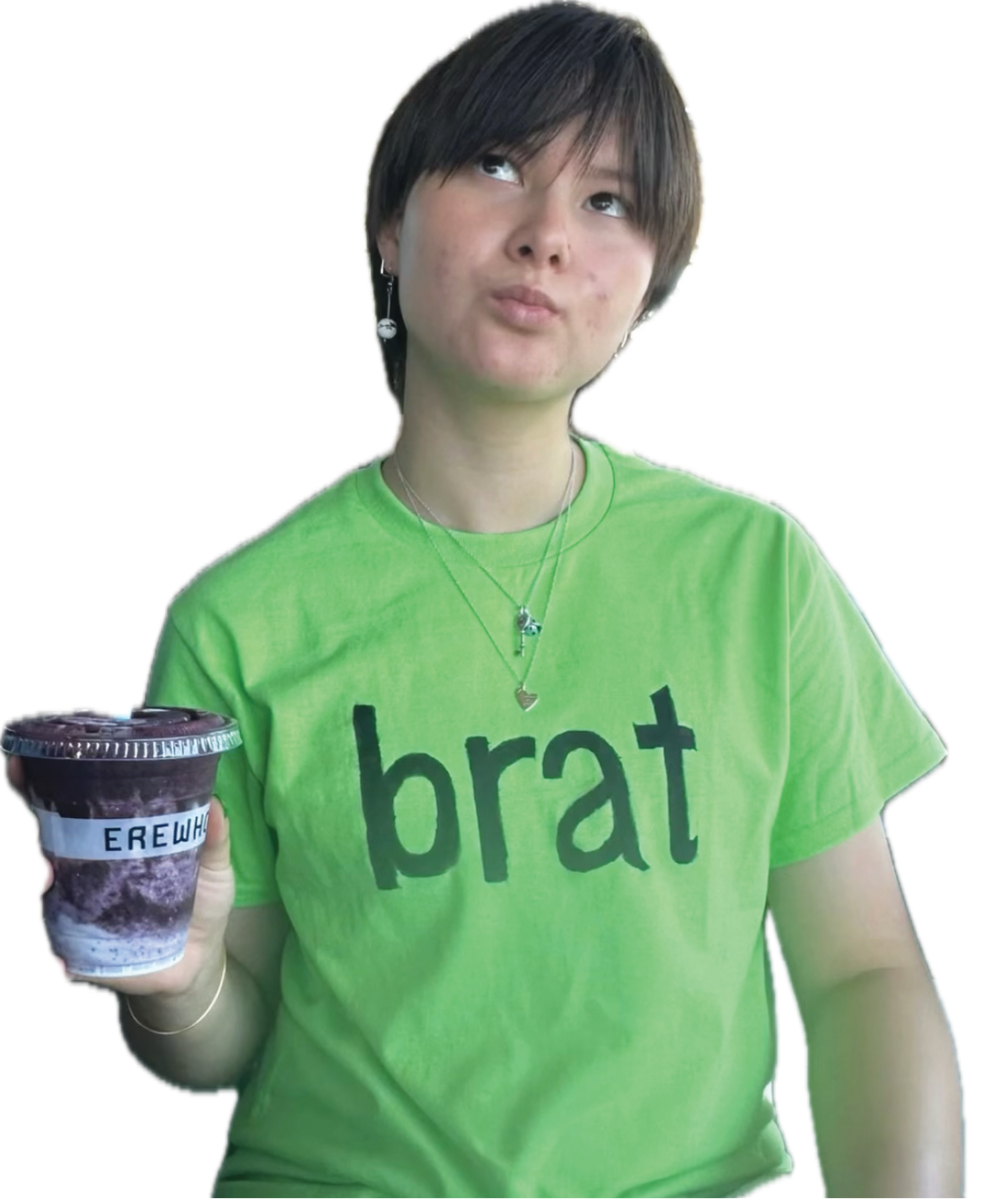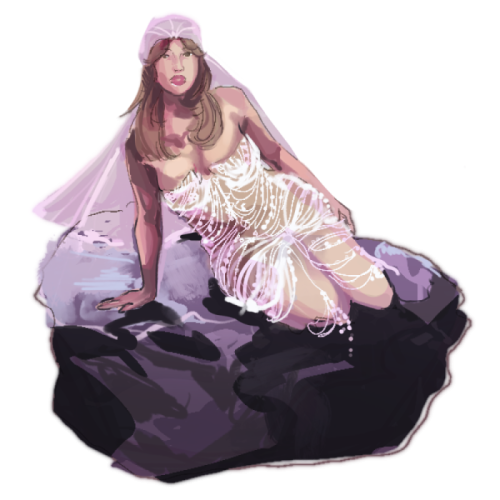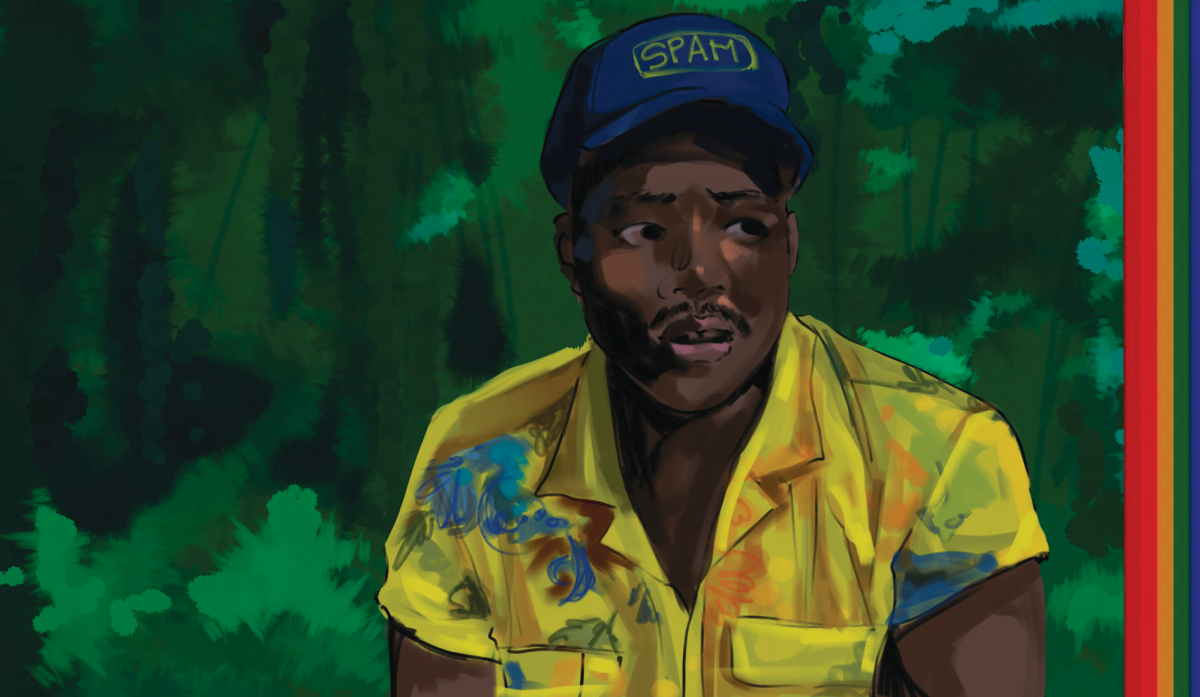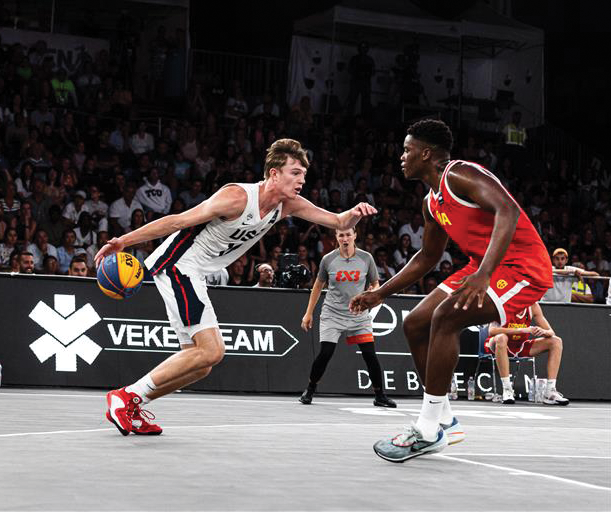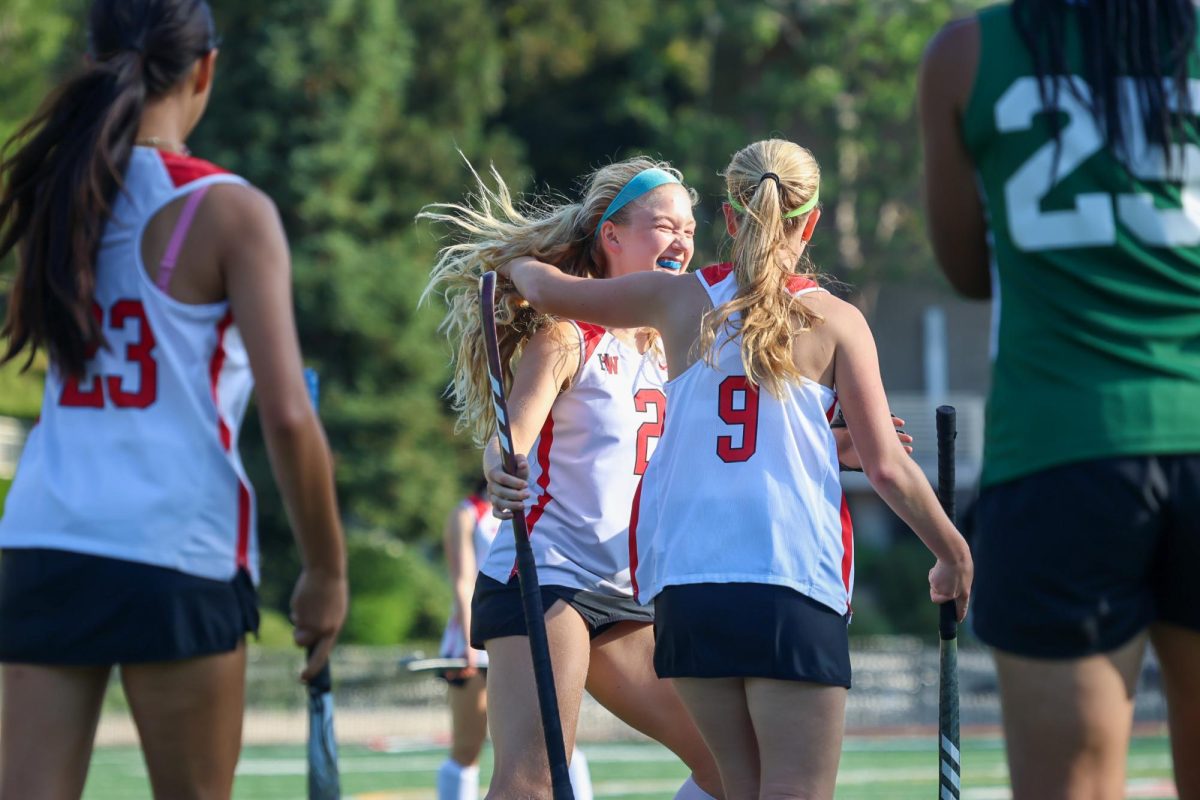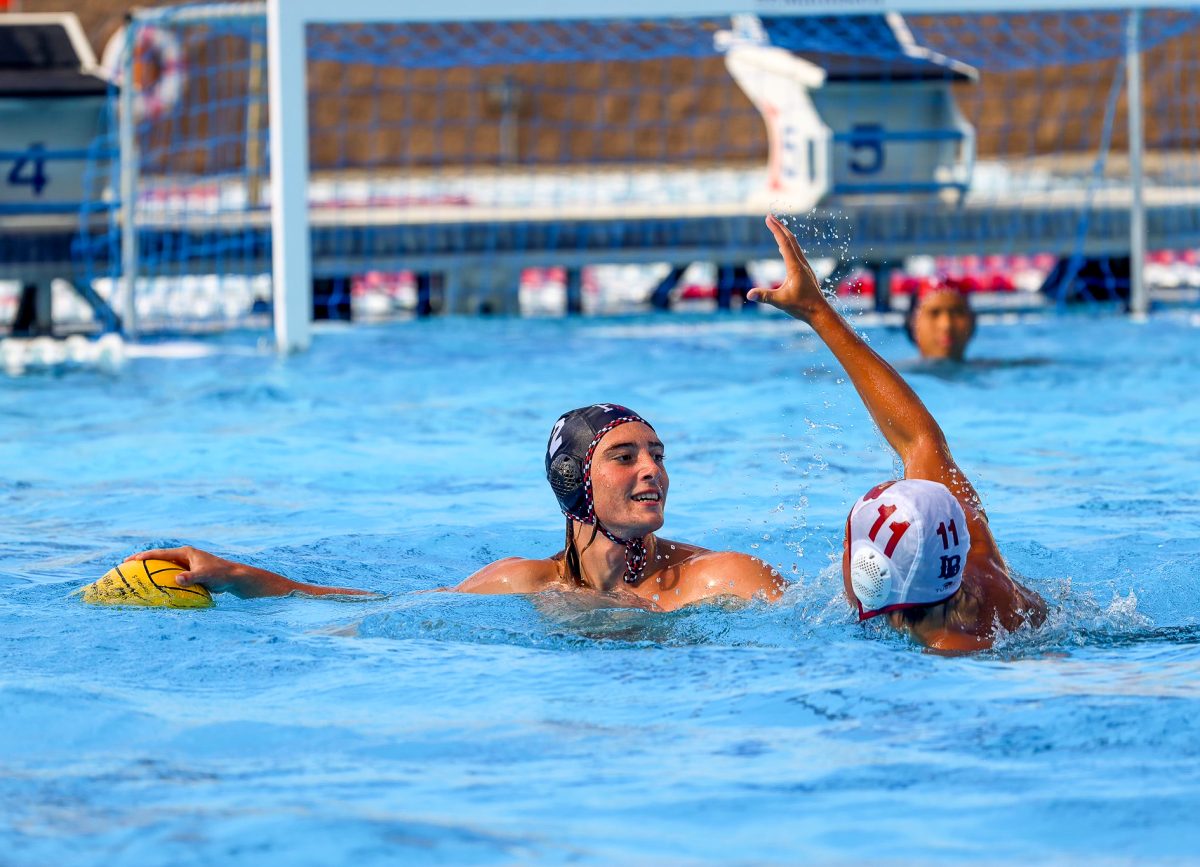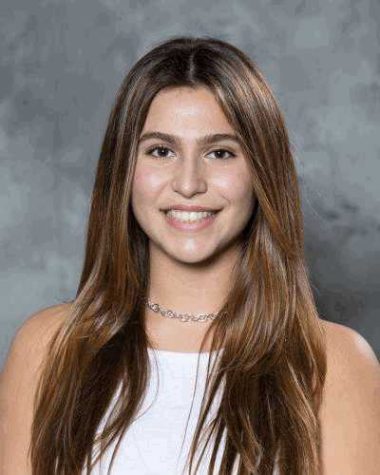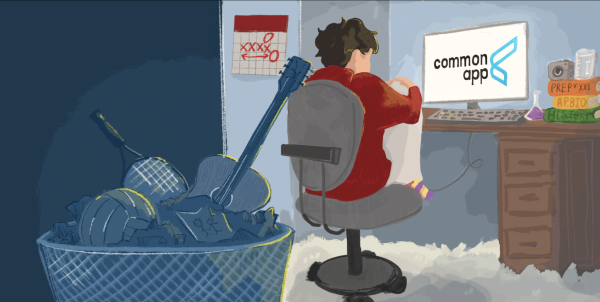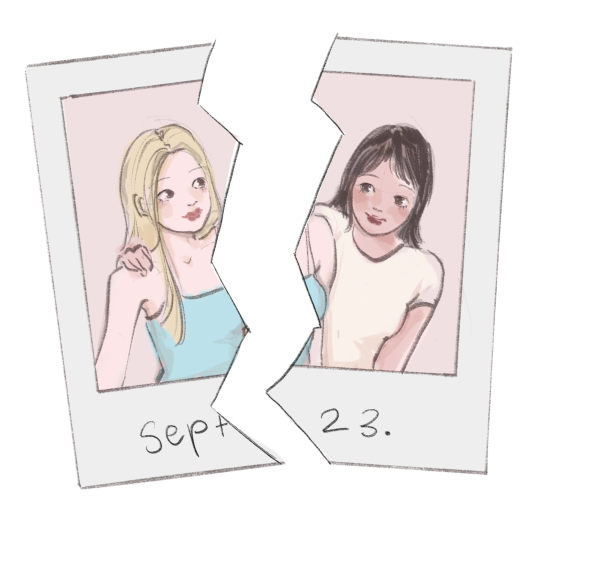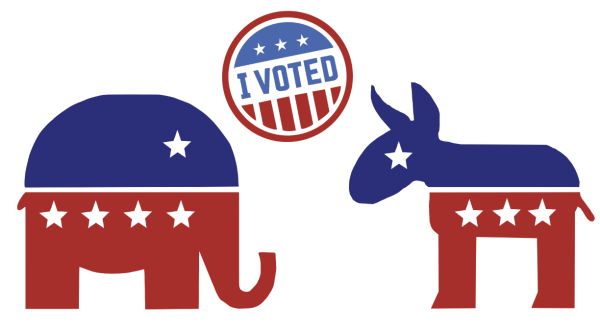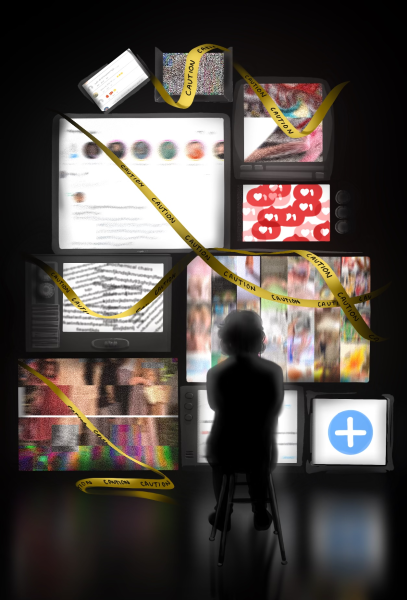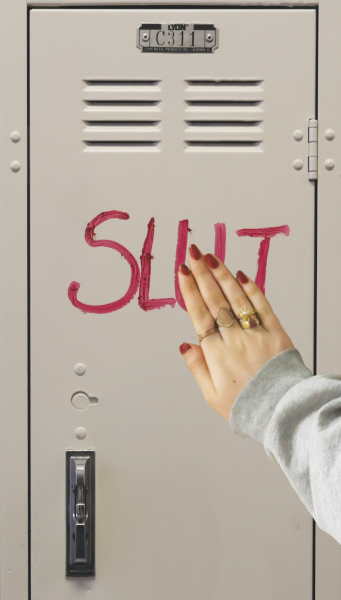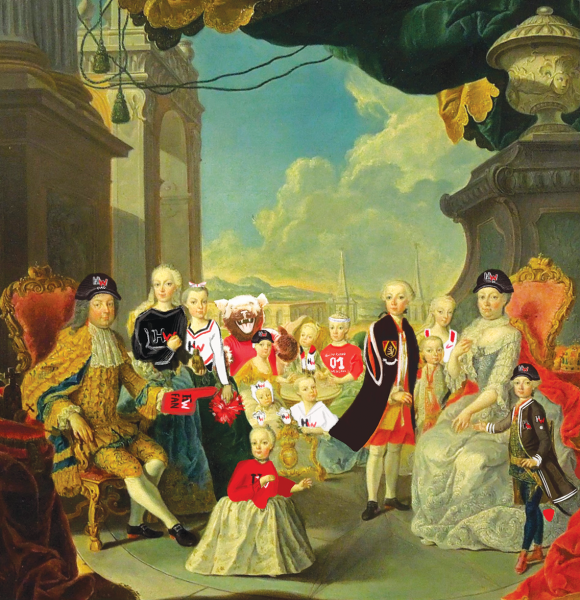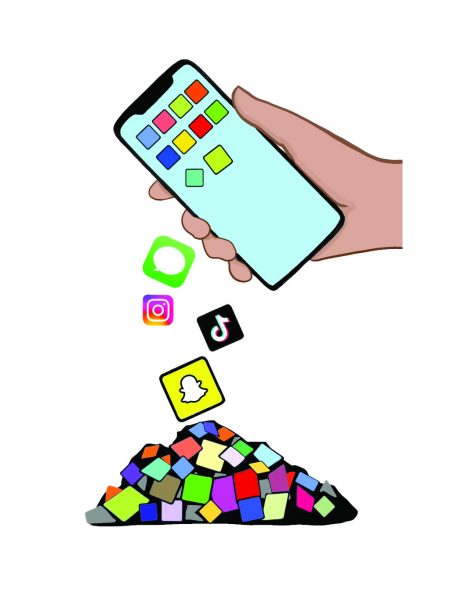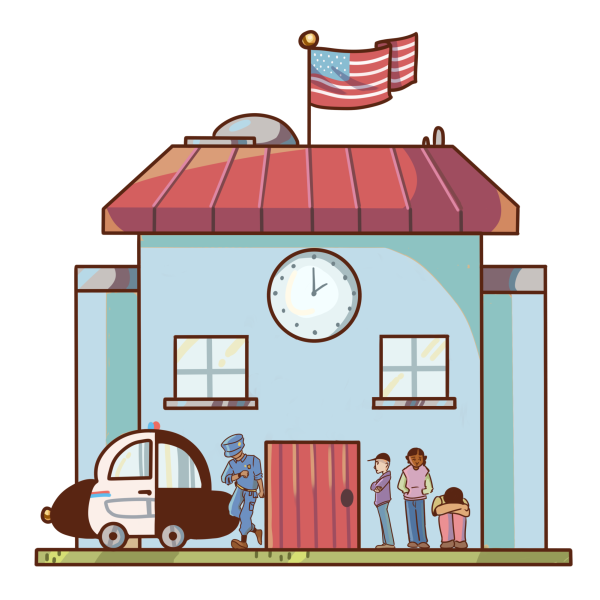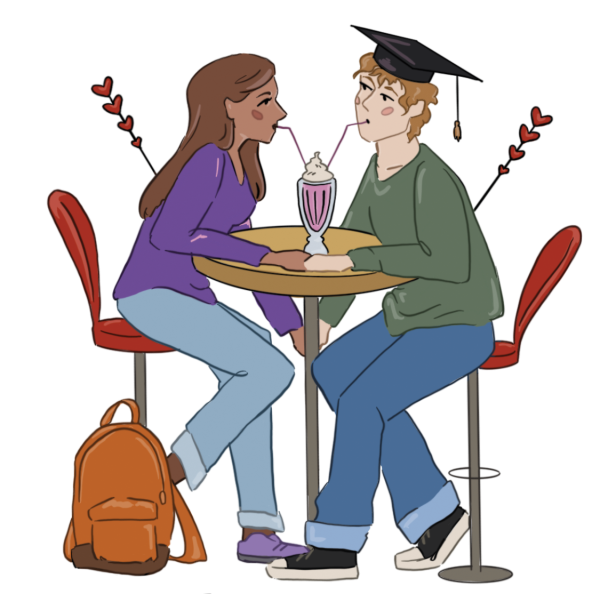Torn Between Two Worlds
Biracial students reflect on their experiences feeling isolated, as they struggle to feel accepted by people of either of their racial backgrounds.
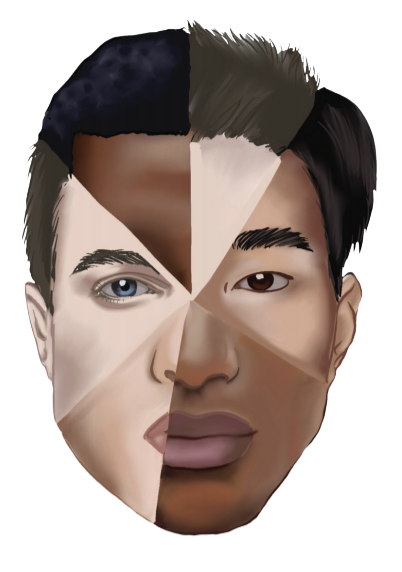
On her first day of seventh grade, Alex Mieszala ’20 was met with the same question every time she introduced herself to someone: “What are you?”
When she told them, she would always receive the same response: “Wow, you really don’t look Asian.”
Mieszala is half-Chinese; her mother immigrated to the United States from China, and her father was born and raised in Luxembourg. Growing up, Mieszala said she didn’t realize she lacked the stereotypical features associated with being Asian.
“When people meet me, they usually assume I’m white because I really do look very white,” Mieszala said. “Often, people guess that I’m Italian or Greek, but I’m neither. As a result, I’ve definitely come to identify a lot more with my European side.”
Mieszala said there was a time when she did not feel as connected to her European identity. Growing up, Mieszala attended a predominantly-white Catholic school, where she said her Chinese heritage stood out. However, when she came to the Middle School, Mieszala said her relationship with race began to change.
“I was one of two girls who were Asian at my elementary school, so everyone knew I was half-Chinese, and I felt very Asian in comparison to these white Catholic kids,” Mieszala said. “When I came to Harvard-Westlake, there were so many Asian kids, and I wanted to be friends with them, but I felt excluded and not really accepted because I didn’t look very Chinese. It was a really weird transition because at my old school I had been considered as very Asian, but here I was kind of forced to be either Asian or white—there wasn’t an in-between.”
Like Mieszala, Adrienne Usher ’22 attended a predominantly-white elementary school, a space, she said, that did not allow her to embrace her Black ancestry. Usher, whose mother is Haitan and whose father is white, said her experience being mixed in an environment with little diversity made her feel alienated and confused about her identity.
“Because I grew up around white people the most, I used to identify more as white,” Usher said. “But as I realized that many of my own classmates didn’t identify with me or see me like themselves, I realized that I am much more like the Black community in many ways. For example, I had to learn how to take care of my [Type] 4A hair by watching Black YouTubers.”
Usher said she often feels conflicted about identifying as both white and Black.
“Most days I don’t feel like enough of either race,” Usher said. “I am tan and have a big Afro, so I often find myself in a situation with a bunch of white people, and the minute they start talking about race, I am no longer ‘Adrienne the mixed-race girl’ but more like ‘Adrienne who is Black, so we have to be careful of what we say.’ On the other hand, because I grew up predominantly with white people, I feel disconnected from my Black roots. I feel like I’ve missed out on a lot of experiences that most Black kids have, like certain rites of passage and stuff, and I often feel too white [when I’m] with my Black friends.”
Jamie Kim-Worthington ’22, who is half-Korean and half-white, said he relates to Usher’s struggle to find where she fits in. Specifically, Kim-Worthington said he feels most alienated when he is in a primarily white environment.
“I’ve definitely had experiences where I’ve felt ‘not Korean enough’ or ‘not white enough,’” Kim-Worthington said. “When I’ve gone to Korea, I’ve felt alienated because I don’t speak the language, [and] my British side of the family lives in the countryside, and my mom and I have experienced anti-Asian racism in England just as we’ve experienced it in the U.S. When I’m in an area where I’m one of the very few Asian people, I definitely feel like I’m not ‘white enough’ to fit in.”
Similarly to Kim-Worthington, Cate Greenman ’22 said she has had issues with accepting herself as a person of color in an environment where most of her peers were white.
“I dealt a lot with my own insecurities and internalized racism, believing that I wasn’t good enough because I wasn’t fully white,” Greenman said. “I also didn’t know much about Black culture beyond what I had been exposed to through family and the media and had a very narrow perception of what being African American meant.”
Isabella Daum ’23 also went to a majority-white elementary school; however, she said her experience was slightly different than Usher’s. Daum, who is half-Indian and half-Jewish, said that though she struggled to connect with her Indian culture, she did feel in touch with her Jewish identity.
“I did feel I was a part of a community because of my Jewish religion, but it was hard to connect with anyone based off of my Indian culture,” Daum said. “The fact that I couldn’t relate to almost anyone at my school made it almost impossible to be closely in touch with my Indian side.”
Daum said that, at times, she feels distant from her Indian heritage.
“I definitely have felt invalidated because I am mixed, and I think it has to do with growing up in a setting where I never had the chance to fully be immersed in my Indian culture,” Daum said. “My grandparents are constantly talking to us about their religion, language, life growing up in India and other parts of their own culture. Although this makes me feel a part of something, they live across the country, which makes it hard sometimes to feel close to them.”
Sofia Li ’22 also said that living far away from one set of grandparents and close to the other set had a dramatic impact on the traditional holidays she grew up with.
“We would only really do traditional Chinese activities when my grandparents would come into town and would never really do them on our own,” Li said. “I did take part in more of the [religious traditions] from my Jewish side [while growing up], since my mom’s side of the family lives here. We do Passover and Hanukkah.”
Despite the distance, Li said she has found a way to connect to her roots within the school’s curriculum. By choosing to take Chinese as her world language, Li said she has been able to learn more about the inner workings of Chinese culture.
“When I got into Harvard-Westlake, I knew I wanted to take Chinese,” Li said. “My dad’s side of the family speaks Chinese, and I really wanted to learn about my own culture. It’s so interesting to learn about that side of who I am.”
One way Usher said she has been able to embrace her culture is through Boot Squad. The in-school club allows students to learn the art of stepping: a full-body percussive dance native to African and Caribbean cultures.
“[I decided to join the Boot Squad because] I wanted to be around more people of color and kind of catch up on what I missed while growing up being one of four Black kids in my whole grade,” Usher said. “A lot of Boot Squad members are also mixed, so I really was able to relate to them.”
While Usher said she has been able to find a place where she feels seen and accepted, Li said that she sometimes feels as though her Chinese heritage is ignored or erased by her friends.
“My friends are mainly white, and I think sometimes they forget that I’m not exactly like them,” Li said. “I remember having a conversation with them about privilege, and this was amidst all of the Asian hate crimes that the media was covering, and my friend laughed and told me that we had the same amount of privilege. Normally, I would have agreed—I know I’m privileged in a lot of ways—but as this was going on, I realized how that wasn’t true. It was kind of shocking, and my response was, ‘No, we don’t,’ because before all of this, it went over my head, and I would’ve agreed. I remember I was kind of offended [at the idea].”
During the pandemic, events such as the death of George Floyd and a rise in anti-Asian hate crimes have brought conversations about race to light. Usher said she feels that the past year has affected her outlook on life.
“I would have to say that the recent shootings and the police’s reaction to the riots from last year made me think about how society sees me,” Usher said. “Am I mixed to the outside world, or am I just a slightly light Black kid? In other words, if my friends were caught shoplifting, am I the first one who is going to be blamed?”

